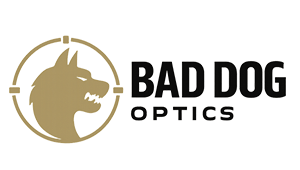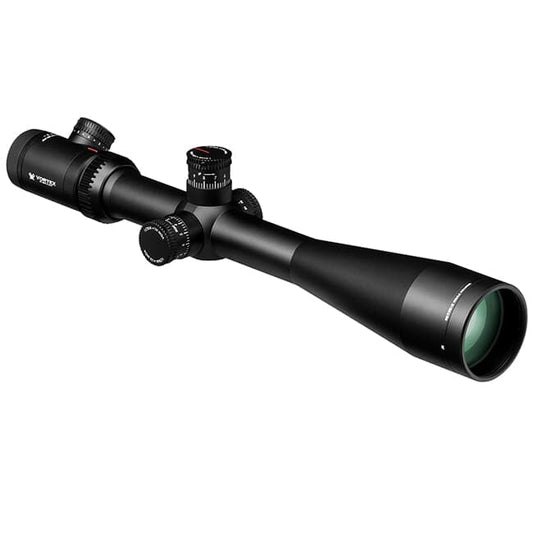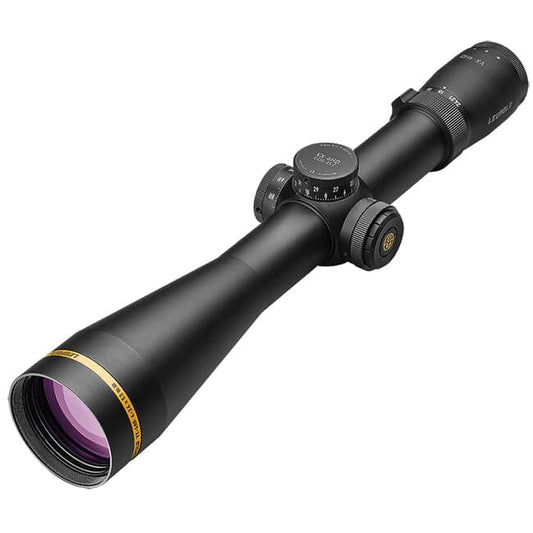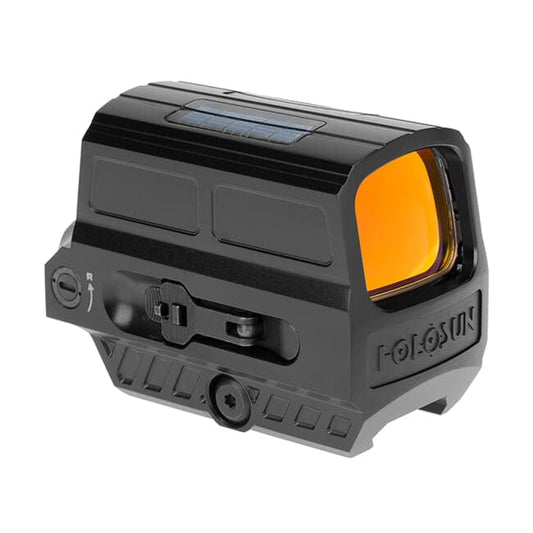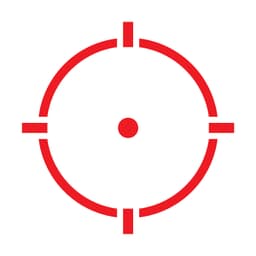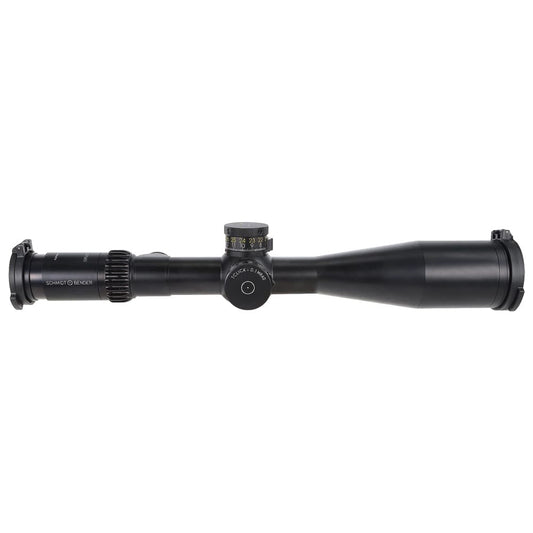

Schmidt Bender PM II 5-25x56mm Riflescope LP TREMOR3 features a first focal plane reticle that scales with magnification, enabling precise range estimation and effective holdovers. The DT II+ MTC LT turret system offers tactile feedback, ensuring accurate adjustments without the risk of accidental changes. With a robust 34mm tube, this riflescope is built to endure harsh conditions while maintaining optical clarity and performance. The illuminated TREMOR3 reticle enhances visibility in low-light situations, making it an ideal choice for both tactical applications and long-range shooting.
Engineered for precision, this riflescope boasts a wide magnification range of 5-25x, allowing shooters to engage targets from close range to extreme distances. The high-definition lens provides excellent light transmission, ensuring clear target definition against various backgrounds. The ST II ZC LT feature allows for quick returns to zero, streamlining the adjustment process during dynamic shooting scenarios. This riflescope combines advanced optical technology with practical features, catering to the needs of competitive shooters and tactical enthusiasts alike.
Features – Key Benefits Bullets
- ADVANCED OPTICS: First focal plane TREMOR3 reticle ensures accurate range estimation and holdovers at any magnification level, crucial for precision in tactical situations.
- TACTILE TURRETS: DT II+ MTC LT turrets provide distinct tactile feedback for accurate adjustments, while the locking feature prevents accidental changes during use.
- ZERO RESET: ST II ZC LT allows for quick and reliable return to zero, enabling swift adjustments after elevation changes.
- ROBUST BUILD: 34mm main tube construction is designed to withstand impacts and environmental challenges, ensuring long-lasting reliability.
- ILLUMINATED RETICLE: TREMOR3 reticle illumination improves target visibility in low-light conditions, enhancing accuracy when lighting is suboptimal.
- WIDE MAGNIFICATION: Versatile 5-25x magnification accommodates both close-up and distant target engagement, promoting situational awareness.
- HIGH-DEFINITION LENS: Premium lens coatings maximize light transmission and clarity, providing sharp target definition in various lighting scenarios.
- PRECISION ENGINEERING: Counter-clockwise turret rotation aligns with intuitive shooter inputs for rapid adjustments, essential for dynamic shooting environments.
Technical Specifications
| Feature | Specification |
|---|---|
| Weight | 37.57 oz |
| Length | 16.54 inches |
| Magnification Range | 5-25x |
| Objective Diameter | 56mm |
| Tube Size/Mount | 34mm |
| Turret Adjustment | 1cm/100m |
| Elevation Turret Details | 27 MRAD, DT II+ MTC LT |
| Windage Turret Details | ± 6 MRAD, ST II ZC LT |
| Parallax Adjustment | 10m-∞ |
| Reticle Position | First Focal Plane |
| Reticle Details | TREMOR3 |
| Field of View | 5.3–1.5m/100m |
| Exit Pupil | 11.0–2.3mm |
| Eye Relief | 90mm |
| Twilight Factor | 15.8 - 31.6 |
| Illuminated Reticle | Yes |
| Finish | Matte Black |
| Turret Rotation | Counter Clockwise (CCW) |
| UPC | 191992033340 |
| MPN | 689-911-552-L7-I5 |
What's in the Box?
- Schmidt Bender PM II 5-25x56 Riflescope
- Protective Lens Caps
- Lens Cleaning Cloth
- User Manual
- Warranty Information Card
Customer Reviews
“The clarity of this scope is outstanding. I can see targets at distances I never thought possible.”
“The tactile feedback on the turrets is excellent, making adjustments quick and reliable.”
“I appreciate the illuminated reticle for low-light conditions. It really makes a difference.”
FAQ
How does the TREMOR3 reticle perform in various lighting conditions?
The illuminated TREMOR3 reticle is designed to enhance visibility in low-light environments, making it easier to acquire targets during dawn or dusk. The illumination can be adjusted to suit lighting conditions, ensuring reliable performance across different scenarios.
What maintenance is required for the Schmidt Bender PM II 5-25x56?
Regular maintenance involves cleaning the lenses with a soft cloth to remove dirt and debris. It's also advisable to check the turret adjustments periodically to ensure they are secure. Storing the scope in a protective case when not in use will help prevent damage.
How does this model compare to other tactical scopes?
Compared to many tactical scopes on the market, the Schmidt Bender PM II offers superior optical clarity and a robust construction. Its first focal plane reticle allows for consistent scaling at all magnifications, providing advantages in precision shooting that may not be present in other models.
Similar Models
If you're exploring high-performance optics, check out our full Schmidt Bender collection. Consider the Schmidt Bender PM II 3-20x50 for a versatile option that balances magnification and field of view, or the Schmidt Bender 1-8x20 for a compact
You May Also Like
Here’s some of our most similar products people are buying. Click to discover trending style.
